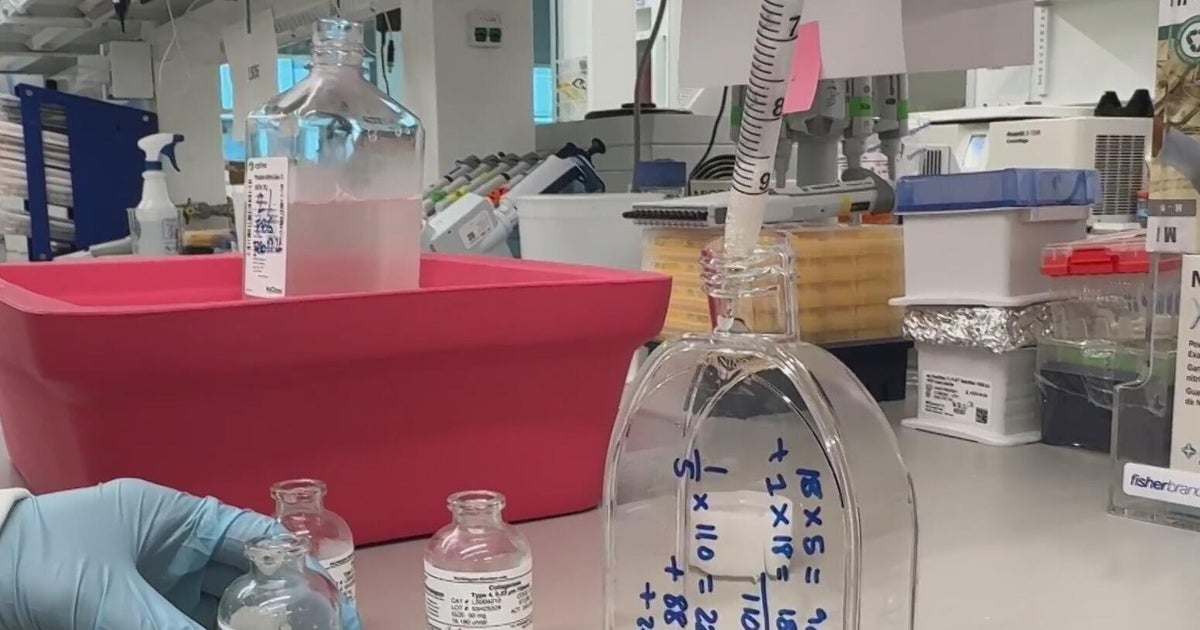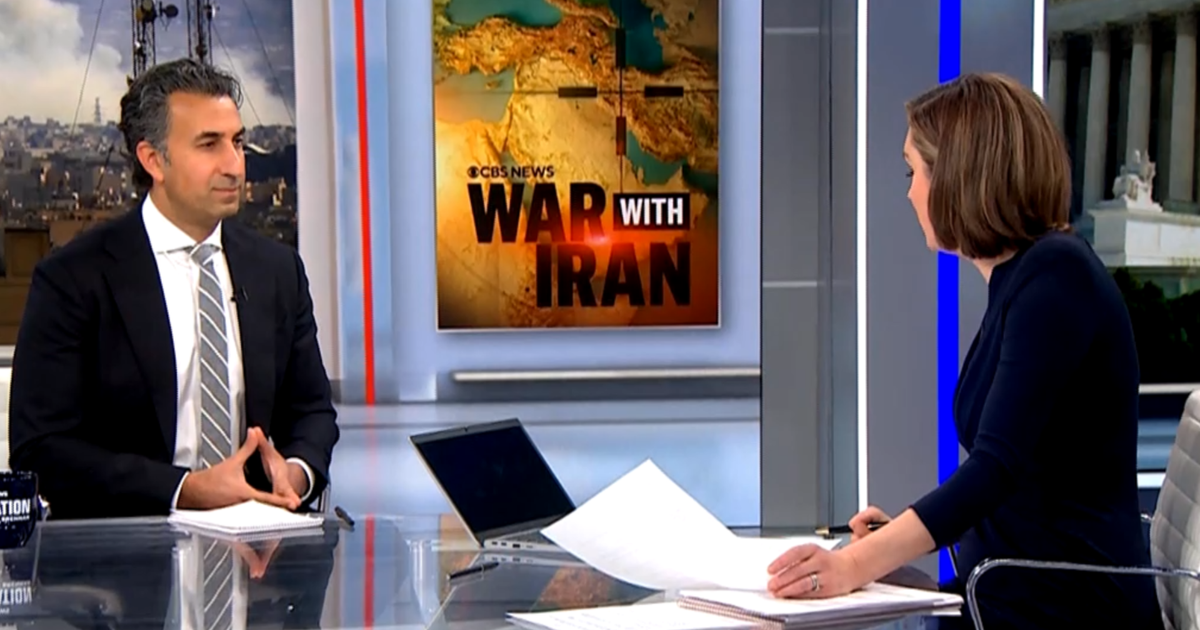Gottlieb warns "It's going to be hard to keep the virus out"
Washington — Dr. Scott Gottlieb, former head of the Food and Drug Administration, warned Sunday that the country's rate of coronavirus infections indicates "it's going to be hard to keep the virus out."
"I think there's a lot of infection around the country," Gottlieb said in an interview Sunday with "Face the Nation." "It's going to be hard to keep the virus out. Even in the Northeast right now, it's going to be hard for that part of the country not to get re-seeded, and so you're just seeing it rotate through different parts of the country."
While New York City and parts of the Northeast were the early epicenter of the coronavirus epidemic in the U.S., states across the Sunbelt then began to experience a surge in cases. Gottlieb said that as those states began to impose measures to mitigate the spread of the coronavirus, including by implementing mask mandates and requiring bars to close again, they are now reporting a decline in new cases or seeing infections level off.
Gottlieb attributed the decline to "the collective action of individuals" who limited their activities and were more diligent about wearing masks in public.
"I think we're likely to see this continue where there is going to be these epidemics in different parts of the country and in compensatory action to get it under control," he said. "And it's going to be this slow burn, unfortunately, for the rest of the year."
Gottlieb said the unanswered question is whether the combination of limited mitigation, such as keeping bars and indoor venues closed and greater adherence to mask mandates, will be "enough to keep the virus out?"
"We certainly hope so," he said. "If it is then we've sort of found a happy medium between strict lockdowns and just letting it spread unchecked that could keep this at bay."
Gottlieb observed that for many Americans who do not live in the Northeast, "there is some element of the fact that until you're touched by it, you really don't appreciate the full significance" of the pandemic.
"I think that there is going to be some residual caution on the part of the states that now have been affected," he said. "I hope it's not the case that every part of the country needs to have some level of epidemic in order to get collective action that's going to keep this at bay, but there is some element of that."
He also said some characteristics of the country, such as opposition to regulation and greater control to local governments, have added to the challenge of confronting the coronavirus crisis and getting it under control.
"In the setting of a national pandemic, where you want more central top-down policymaking to try to keep this at bay across the entire United States and more of a uniform fashion, the things that make us great and make us dynamic as an economy work against us in this kind of a setting," Gottlieb said.
More than 20 states and the District of Columbia are reporting an increase in coronavirus cases. There have been more than 4.6 million confirmed cases in the U.S. and 154,000 deaths, according to data from Johns Hopkins Coronavirus Resource Center.



